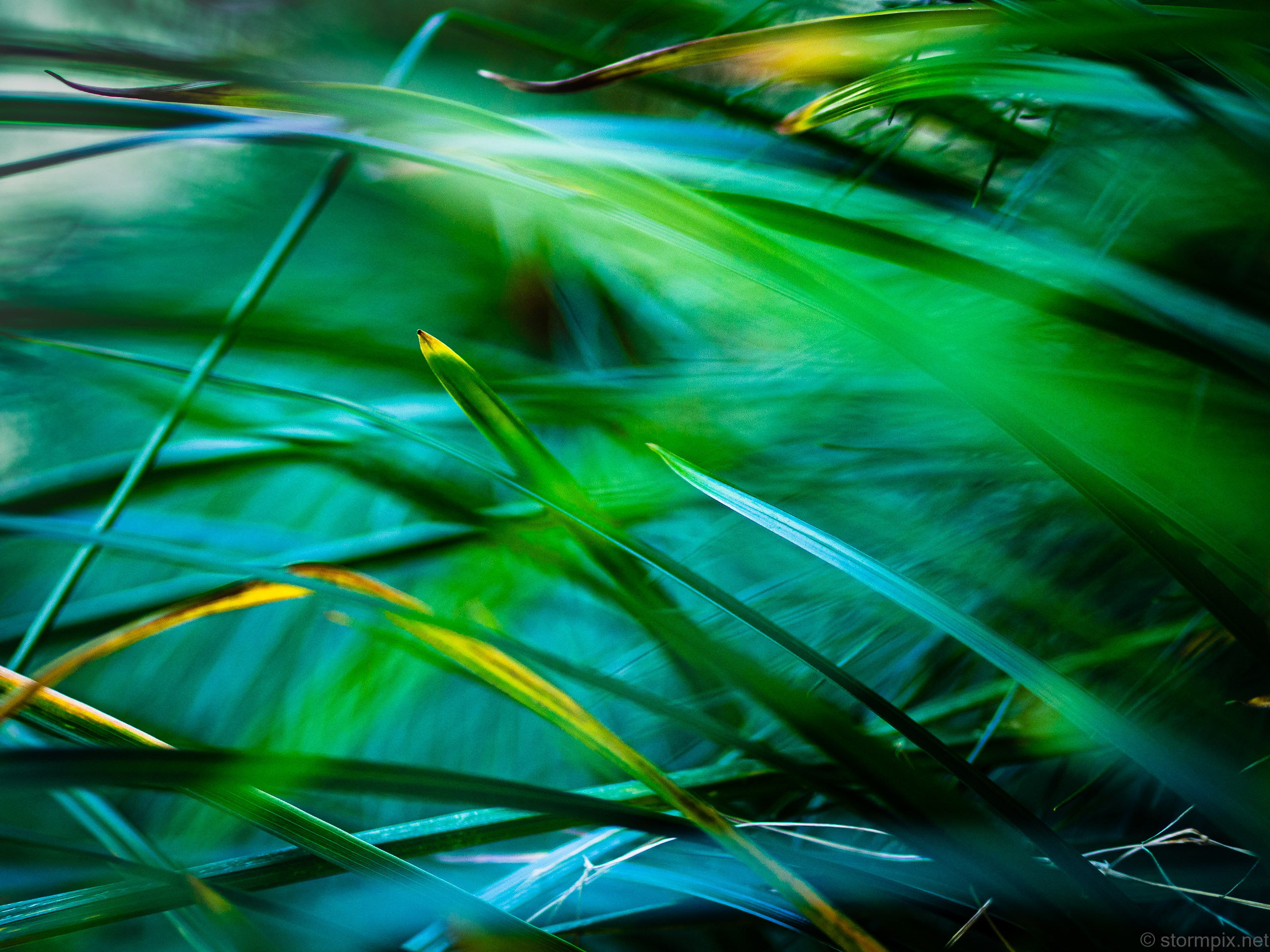Jungle
A jungle. Yes - that is what you said. But I wouldn't believe it back then. I lived in a harmonious, privileged dream world, where everybody was always nice to each other. Where the worst thing that happened was having to deal with disappointment. And as that goes, I had learned to recognize my expectations. And let go of them. If you do not have expectations, you cannot be disappointed.
But life changed.
Evolved, I should say.
First came the virus. As a society, we learnt to handle it quite well. It only took us a few years to develop vaccines and drugs to deal with symptoms and eventually adapt to the changes. Or so we thought. But it had disrupted the way society and social life happened on a deeper level than we understood.
I didn't see it at first. Just a little less regular contact with friends. Working remotely. But hey - home-office also had its good sides! What we didn't see was that it made the underlying structure of the global society more brittle. Not simply where the number of social contacts reduced. Trust was diminished. The emotions of people on a video call just weren't real anymore. If you managed to look at them in the first place. I remember reading that most people on a video call, in fact, looked at their own image rather than those of the other participants. And I did, too.
Yet, the gears of the world kept moving. We didn't take the time to assess the damage it had taken. And the machine doesn't have a stop button.
I also kept moving. Ever forward. Bigger!
That machine that was our world then relied on technology a lot. Not a single job that did not depend on networked computers and devices. I even had my doctors appointment online then. We all spent more time in the virtual world than in the real world. Maintaining those ubiquitous virtual worlds didn't seem to have a cost. It only required electricity.
Lots of it.
I wasn't troubled much when I first heard about the rising energy prices. It was, after all, just another little headline amongst all the noise while we were still enjoying our regular breakfasts.
And the news is always depressing, isn't it? A war here, a crisis there. And nothing you can do about it. At some point, I had just decided to not listen anymore. To keep my sanity.
And the climate here had gotten warmer as well. Local farmers even had started to grow papayas, mango and passion fruit. So it didn't trouble us that we could not buy fruit from South America or New Zealand when transport prices skyrocketed. Didn't they say you should buy local anyway?
And for a while, the machine kept going. We put into it every single day. Typing at the keyboards, controlling our digital assistants, and it provided for us. Food, clothes, entertainment. Readily available 24/7 in our climatized, albeit small, and windowless apartments.
A gigantic complex system, such as our interconnected global society, just does not stop at once. Momentum keeps it moving. Keeps the wheel turning for a while. Yet from the sand in the gears, the jungle started to grow.
It was too late when we noticed that the world as we knew it was beyond repair. Technology and with it, global organizations failed. Society was not able to do the required repairs anymore. Distributed, disconnected, unemphatic, and without a plan, people reverted to living to survive. Within a few years, societies devolved.
You were right in the end. Out there, the jungle is waiting.
Do I have a choice but to become a hunter?
I admit: it's a bleak vision. It was triggered, in part, by an encounter that showed me a glimmer of what real fear looks like. It is not the only possible story that can be told about how this world will look like. But it is easier to come up with this dystopian version than one with a happy ending because our minds, mine as well, are evolutionarily wired to easily recognize danger.
Which is basically a good thing. Seeing the lion before the beautiful flower allows us to run away. In the end it is a matter of perspective. What would a happy end actually look like?
